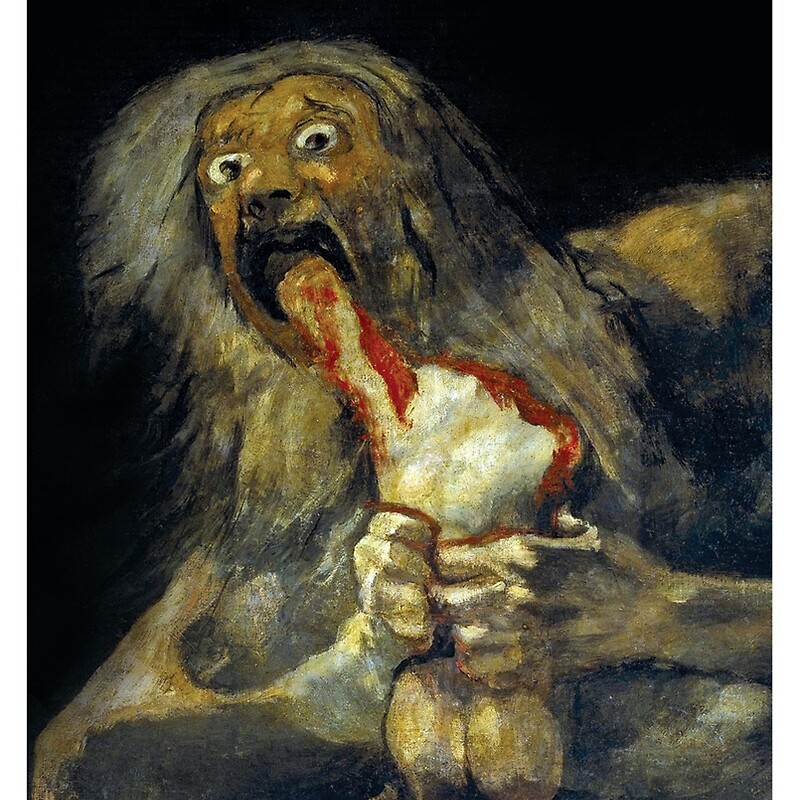I was reminded recently of a book that made a big impact in the Evangelical circles in which I was raised. It was called Peace Child and was the story of a missionary family who went to evangelize the Sawi people of New Guinea. The Sawi were headhunting cannibals who considered treachery a virtue and would befriend an enemy only to fatten them up for dinner.
This followed my reading of Tom Holland’s gripping books on the history of the Roman Empire, and Holland makes the vivid point that virtue for the Romans was something quite the opposite of what we consider virtue as Christians. The Romans considered equated being good with being a winner. If you were strong, ruthless, deceitful and cunning you would come out on top and be good…and the Romans were good at it. They conquered the world by sending in a well trained, ruthless army to rape, pillage, kill and enslave, and when they were done with one territory and tribe they went on to the next one.
Furthermore, this was really the default setting across the ancient world. Not just the Romans, but the Greeks, the Persians, the Egyptians, the Assyrians and all the rest. The victor were the virtuous, and if you were a victim not a victor, there was a certain fate built in. You were weak. You lost. You were diseased? You lost. You were not as clever or rich? You lose. Tough luck. That’s the way the cookie crumbles.
While there were certainly strains of noble behavior and a kind of integrity amongst the Romans and Greeks before them. There was family love and loyalty and pride, but the bottom line was not that different from the Sawi people on New Guinea to whom that missionary family went. The Sawi were literally headhunters and cannibals, but every barbaric tribe down the ages has been the same. The Romans and the members of other civilizations may not have literally kept shrunken head and eaten their enemies for dinner, but they certainly devoured them in every other way.
What has always interested me about cannibalism is the philosophy behind it. When St John de Brebeuf encountered the cannibalistic tribes of North America he learned that they cut off the heads of their enemies and ate their brains in order to take into themselves the cleverness of their enemy. They ate the private parts to gain their fertility and they ate the rest of the body to gain their strength. There is a certain gruesome, primitive logic to it all. It makes sense: you not only hunt down and kill your enemy and take their stuff, but you eat them and make them part of you.
This connects with Rene Girard’s idea of mimetic desire. He says when we envy another person’s belongings we not only want what they have we want what they are. We want to have all that they have–not only their possessions, but everything that goes with it. To take all their stuff and to take who they are we have to destroy them. In other words, we want to consume them. We want to devour them. This is more than wanting the goodies they have. This is wanting to destroy them and take everything they have and everything they are.
This is to gobble them up. It means being cannibals.
This dynamic is what I call “the Sin of the World” in my new book Immortal Combat-Confronting the Heart of Darkness. I set out there how this dark dynamic works and why it is impossible, in human terms to overcome it. Being cannibals is too deeply written into our genetic code. It’s the default setting. Oh yes, we deny such a dark truth and we pretend to be nice civilized, polite people, but underneath it all we revert back to the lust for winning which is not just the desire to win, but the deeper, darker desire to defeat the other guy…to devour him.
This “Sin of the World” is what Jesus Christ confronts from the very beginning. Right up front St John the Baptist says, “Behold the Lamb of God, who takes away the Sin of the World” How Jesus Christ defeats this from the inside out takes us to the foot of the cross. There he defeats the Sin of the World not by being the victor, but by being the victim.
This reversal is what drove poor old Nietzsche mad, and it is all there in the Magnificat. “He has put down the mighty from their seat and exalted the humble and meek.” It is only when we come to realize how pervasive and complete the dynamic of death was in the world that we can fully realize the impact of the redemptive act.
The simple fact is this: we are either cannibals or Christians. We either follow the way of defeating and devouring the other guy or we follow the way of the Lamb. This is why St Paul said, “We preach Christ crucified” Because there is no other message. Any other Christian message can only be a bland melange of self help therapy, sentimentality and political activism. Without the cross there is no Christianity, there is only sugary fluff…cotton candy religion that melts as soon as the sun comes out.
The final irony of this is that Christ defeats the cannibals, but then says, “Unless you eat my flesh and drink my blood you do not have life within you.” So he comes to the cannibals and offers himself, and it is by that consumption of his body and blood that we are born again.







What an analogy!! Great!! Interesting to note why the cannibals were so passionate about cannibalism. …